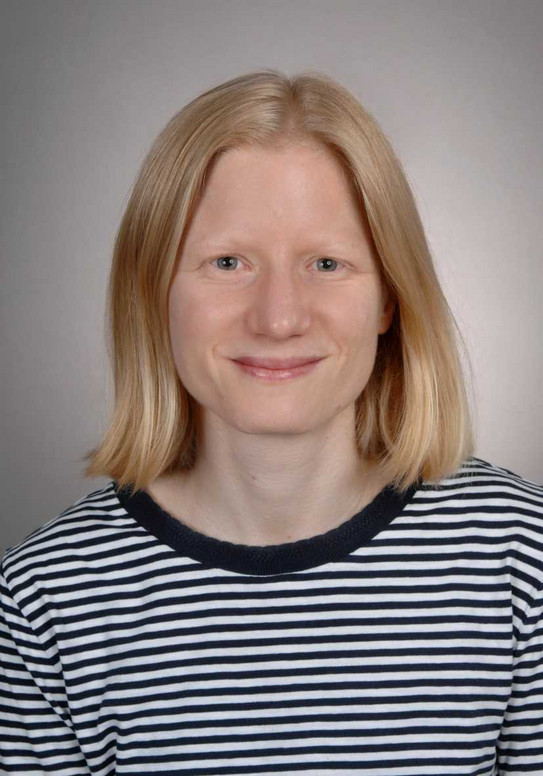Svenja Wirries is working on a dissertation on "Coping strategies of informal carers in rural areas". Her research focuses are on family members caring for people aged 65+ who require care and respite and support options for family carers. Svenja Wirries completed a Master's degree in Gerontology at the Friedrich-Alexander University of Erlangen-Nuremberg and a Bachelor's degree in Social Gerontology at the State Study Academy Breitenbrunn, BA Saxony. Professionally, she worked until 2024 in inpatient integration assistance for people with chronic mental illness, with her research focusing on the compatibility of care and employment as well as support for family carers. Her research interests lie in the areas of ageing, informal care and social policy.
Contact: svenja.wirries@tu-dortmund.de
Coping strategies of informal carers in rural areas
Caring for people in need of care in rural areas is associated with specific challenges and special spatial, social and care-related medical infrastructural conditions – care takes place under special conditions. (In)formal care networks are of enormous importance, especially in rural areas, in ensuring care and relieving the burden on informal carers. Care networks are a central form of coping with the care situation in rural areas.
The doctoral project will examine how informal carers cope with caring for a person aged 65+ in need of care against the backdrop of the specific challenges and special spatial, social and nursing/medical/infrastructural conditions in rural areas. To this end, an analysis of care networks in rural areas will be carried out. Furthermore, primary carers and, if applicable, other informal carers/supporters involved in the care networks will be interviewed using the problem-centred interview method (according to Witzel). The interviews will be evaluated using qualitative content analysis (according to Mayring).





